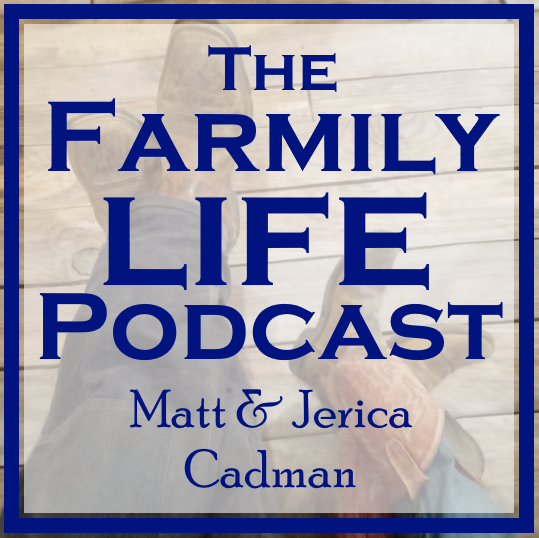
-
Recent Blogs
- An organization that trades secrets
- How to change the world…
- What are your thoughts on Artificial Intelligence in Farm Marketing? A brief survey…
- An “Eggsplanation” of Laying Flock Management
- A very repairful year so far
- Long John Gets a Job
- The Things We Say During Cattle Work
- Basket full of pills?
- Chinese Pork Is Better Than Ours
- Chinese Chicken?
Tag Archives: truth in advertising
Define Your Terms
You may know by now that we are one of those geeky homeschool families, where every discussion with the kids is a “learning opportunity.” It doesn’t help that Matt and I were shamefully nerdy before we had kids. Our poor … Continue reading
Posted in Grass-fed Beef, Truth in Eating
Tagged grass-fed beef, truth in advertising
Leave a comment

